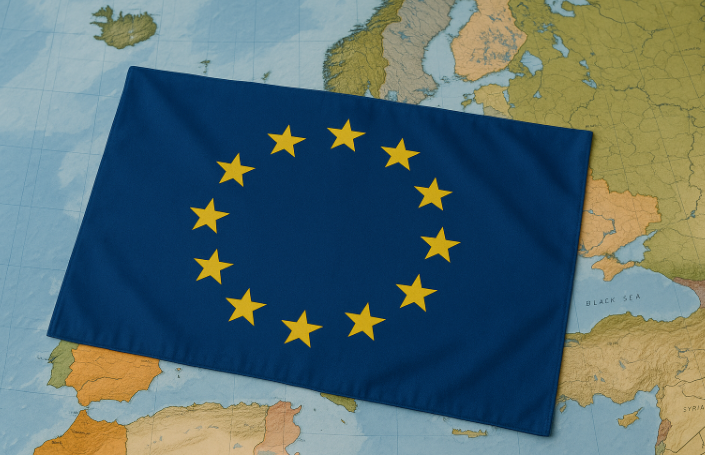EU enlargement and the post-2027 Multi-Annual Financial Framework
Briefing requested by the BUDG committee

The entry of new members into the Union poses different challenges it they take place at the start, in the midde or the end of an MFF. If the accession treaty is ratified well before a new MFF begins, the extra costs can be included in the next MFF. If ratification happens in the middle, the MFF must be adjusted to account for the extra expenditure. When a small country joins in the final year of an MFF (e.g., Croatia), budget margins may suffice to cover the enlargement-related costs but this is not possible if there is a legal requirement to amend the MFF. Current estimates suggest that the cost of integrating all potential candidates, excluding Turkey, would be manageable, ranging from €15.7 billion to €26 billion per year. This range reflects different assumptions and methodological choices. At its maximum, this cost represents 0.2% of the EU’s GDP and could be easily covered within the existing margin of the Own Resources ceiling. Support to the Western Balkans has risen by 40% with the Facility’s adoption. Maintaining this level in the next MFF and extending similar support to Moldova and Georgia is advisable. Strict policy conditionality should apply to funds for central governments but be relaxed for civil society and some EU-priority projects, like transnational infrastructure. Ukraine will continue to need significant support; assuming a peace agreement by 2028, it will require less short-term macroeconomic aid and more support to post-war reconstruction. The Ukraine Facility’s Pillars 1 and 3 could be merged to fund central government reforms, while Pillar 2, aimed at de-risking private investment, should see increased funding. The entry of Ukraine in the Common Agricultural Policy (CAP) poses significant challenges. Although accession may not be imminent, the EU should begin planning for this eventuality. A choice has to be made between significantly increasing the CAP budget, reducing all national allocations or granting less funding per hectare to Ukraine. Temporary phase-in periods may ease adjustments but they do not resolve the long-term issue. It is preferable to avoid including a clause in the MFF regulation that mandates a revision for any enlargement. If the prospect of large countries acceding becomes more realistic, it may be wise to consider approving a 5-year MFF or establishing specific ‘accession-related’ reserves beyond the MFF to cover the costs of accession.




